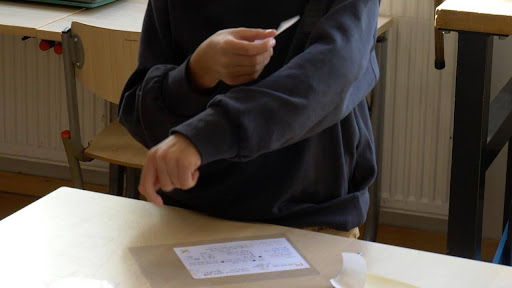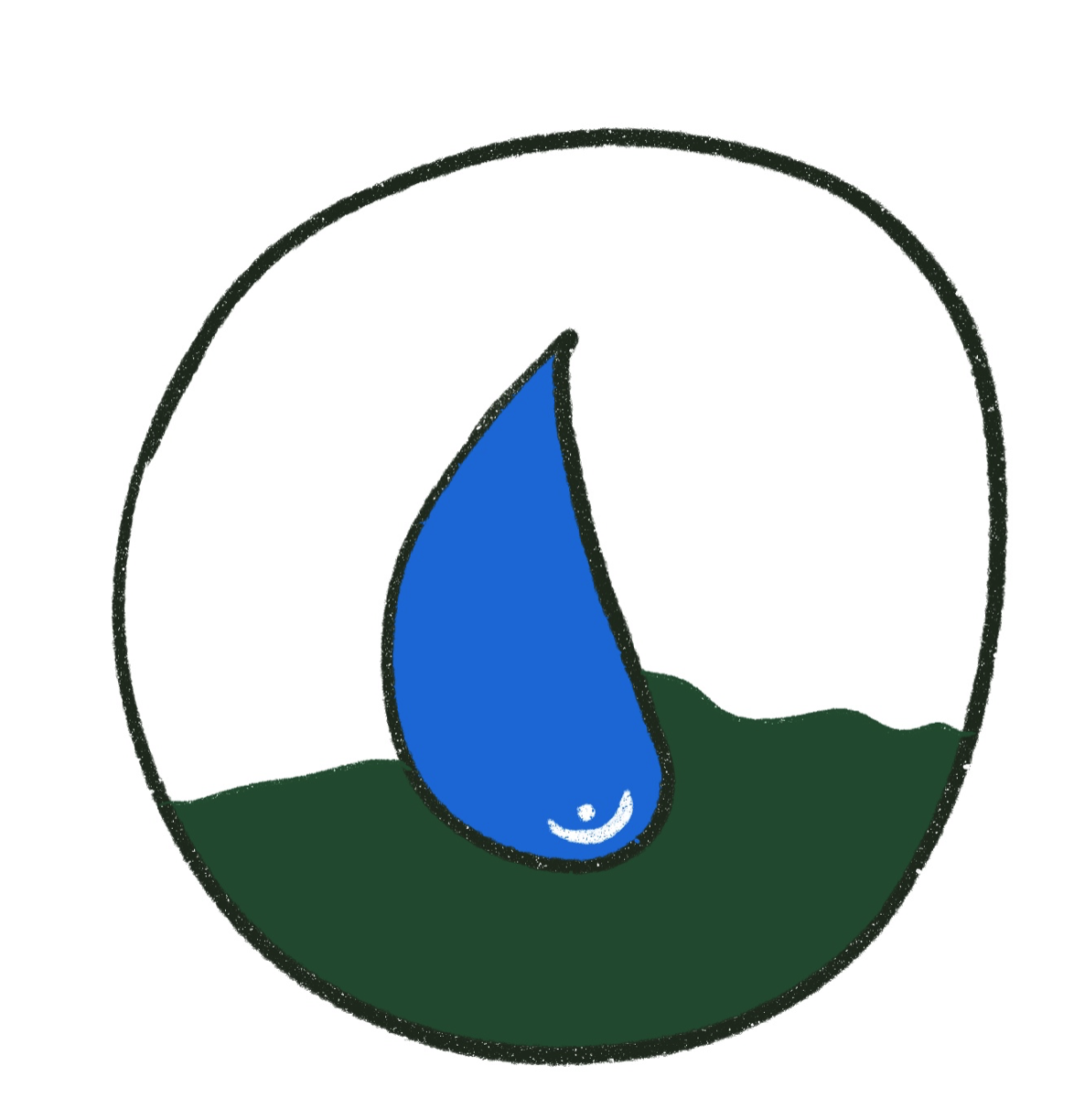Project Description:
Microfibers released from textiles are a major source of microplastic pollution in the Netherlands. Reducing these emissions can thus only be tackled through research integrated across disciplines. In this proposal, we build on META, a transdisciplinary collaboration launched in 2022 that integrates methods in synthetic microfiber sampling, Citizen Science, and environmental psychology.
Project Type: Sustaining
Theme: Cities for Life, Water
Mentor: Louise Francis
Understanding microplastic emissions from textiles in the Netherlands
The META+ project is a collaboration between the Natural and Social Sciences of the University of Amsterdam. We also work together with partners in industry and stakeholders in public and semi-public sectors.
Together, we focus on better understanding the release of microplastics from clothing and how involving citizen scientists in this endeavour can alter their understanding and attitudes towards microplastics in textiles.
Microfibres from textiles are a major source of microplastic pollution in the Netherlands. Understanding, the multiple often interconnected drivers of microplastic pollution and ultimately identifying effective strategies for reducing microplastic emissions from textiles requires the combination of technological environmental and social science research outside of the laboratory in and with society, collaborating with citizen scientists who are already washing their clothing at home was a perfect way for us to expand our data set, which can ultimately result in an emission model for microfiber release and simultaneously contributing to creating more awareness for microplastics pollution. In a previous pilot study (META) funded by the University of Amsterdam, we tested a microplastic collection method together with 100 citizen scientists from the broad Amsterdam region.

With META+, we expanded our project from Amsterdam to the whole of the Netherlands. We have furthermore diversified the methods of data collection and lowered the threshold for participation. By doing so we also hope to increase broad awareness about microplastic release from textiles.
For example, in November we worked with thousands of school children between the ages of 8 and 12 to collect microfibre from their clothing in a simple way using a white sticker. We developed classroom materials to teach kids about microplastics. The results are yet to be analysed, but in total we estimate that ca. 2000 samples have been sent to us.
Currently, we are still expanding our network and sampling methods to diversify our citizen scientists pool even further.
We are collaborating with the students of the Hogeschool In Holland to develop tailored recruitment and communication strategies. A wider and more diverse citizen science network is not only needed to make our data more reliable but also to reach more people with this research – to increase societal knowledge and awareness about microplastics from textiles. We were recently also awarded a grant by the University of Amsterdam to continue this research for the next 1.5 years so we look forward to what is still to come!



